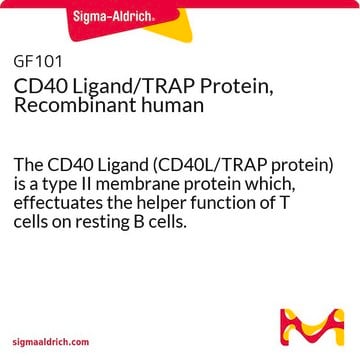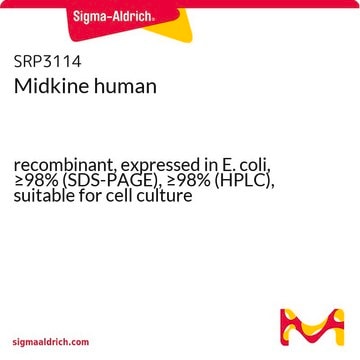M3074
MMPIP
≥98% (HPLC)
Sinonimo/i:
6-(4-Methoxyphenyl)-5-methyl-3-(4-pyridinyl)-isoxazolo[ 4,5-c]pyridin-4(5H)-one
About This Item
Prodotti consigliati
Saggio
≥98% (HPLC)
Forma fisica
powder
Condizioni di stoccaggio
desiccated
Colore
white to off-white
Solubilità
DMSO: ≥10 mg/mL
Ideatore
Merck & Co., Inc., Kenilworth, NJ, U.S.
Temperatura di conservazione
room temp
Stringa SMILE
COc1ccc(cc1)C2=Cc3onc(-c4ccncc4)c3C(=O)N2C
InChI
1S/C19H15N3O3/c1-22-15(12-3-5-14(24-2)6-4-12)11-16-17(19(22)23)18(21-25-16)13-7-9-20-10-8-13/h3-11H,1-2H3
PDWYBOZNEVALOV-UHFFFAOYSA-N
Azioni biochim/fisiol
Caratteristiche e vantaggi
Codice della classe di stoccaggio
11 - Combustible Solids
Classe di pericolosità dell'acqua (WGK)
WGK 3
Punto d’infiammabilità (°F)
Not applicable
Punto d’infiammabilità (°C)
Not applicable
Certificati d'analisi (COA)
Cerca il Certificati d'analisi (COA) digitando il numero di lotto/batch corrispondente. I numeri di lotto o di batch sono stampati sull'etichetta dei prodotti dopo la parola ‘Lotto’ o ‘Batch’.
Possiedi già questo prodotto?
I documenti relativi ai prodotti acquistati recentemente sono disponibili nell’Archivio dei documenti.
Articoli
Sigma-Aldrich offers many products related to G-protein family glutamate receptors for your research needs.
DISCOVER Bioactive Small Molecules for Neuroscience
Il team dei nostri ricercatori vanta grande esperienza in tutte le aree della ricerca quali Life Science, scienza dei materiali, sintesi chimica, cromatografia, discipline analitiche, ecc..
Contatta l'Assistenza Tecnica.







